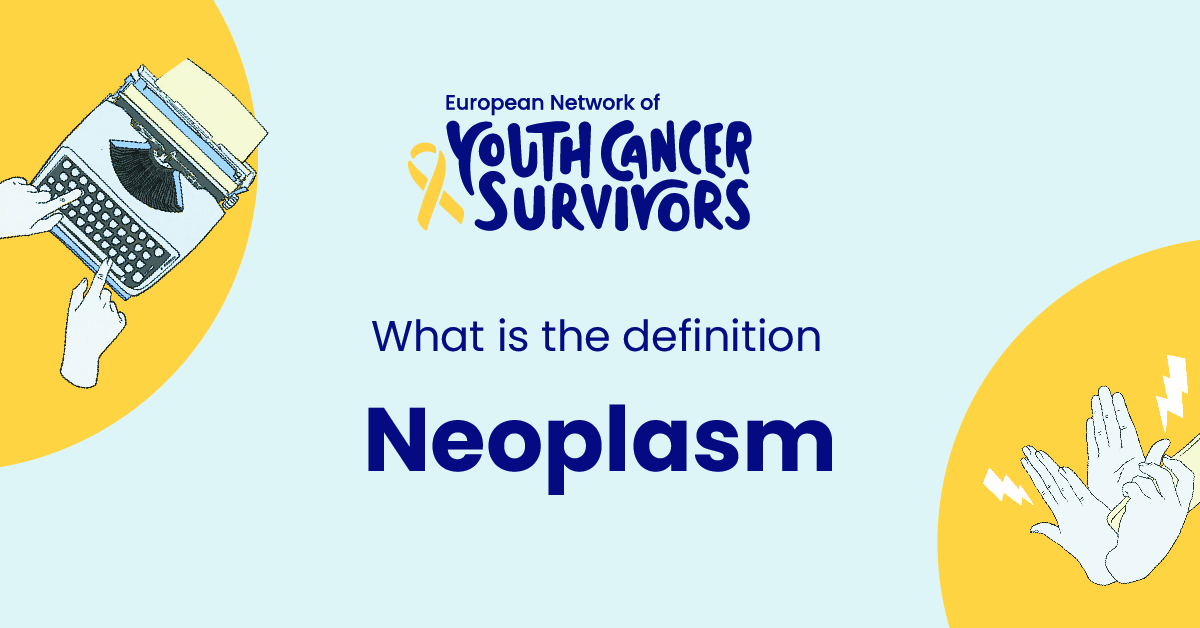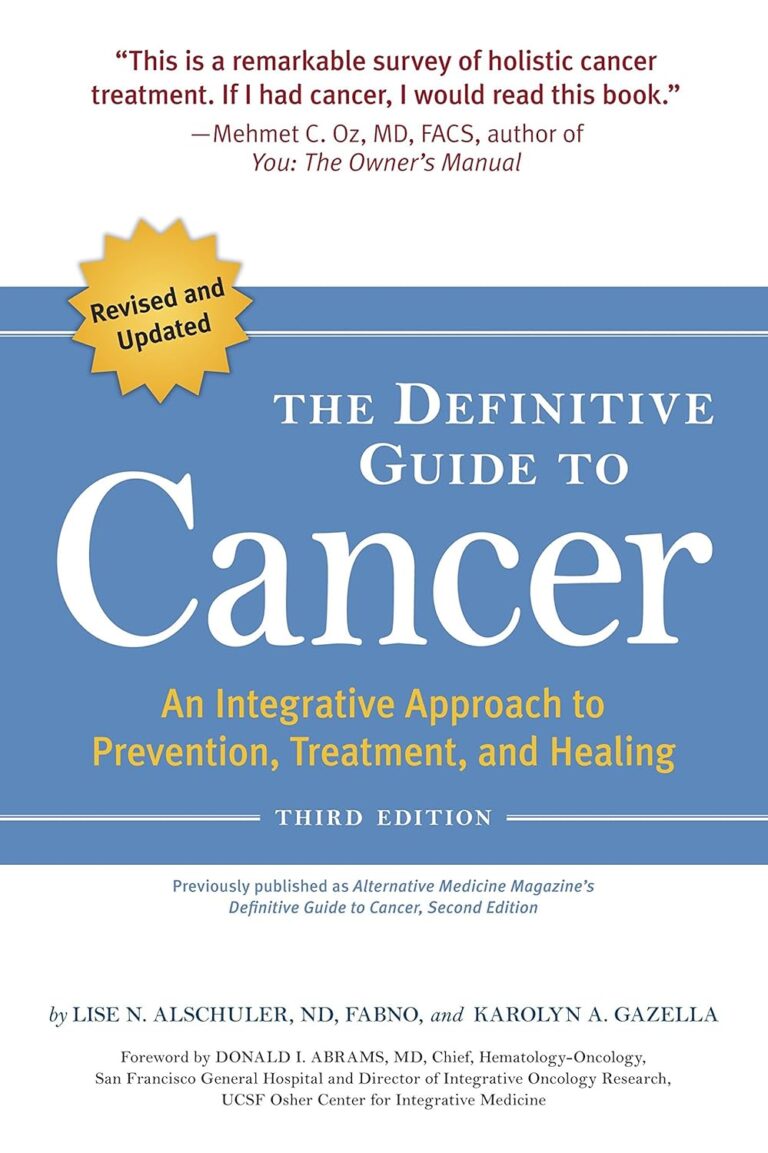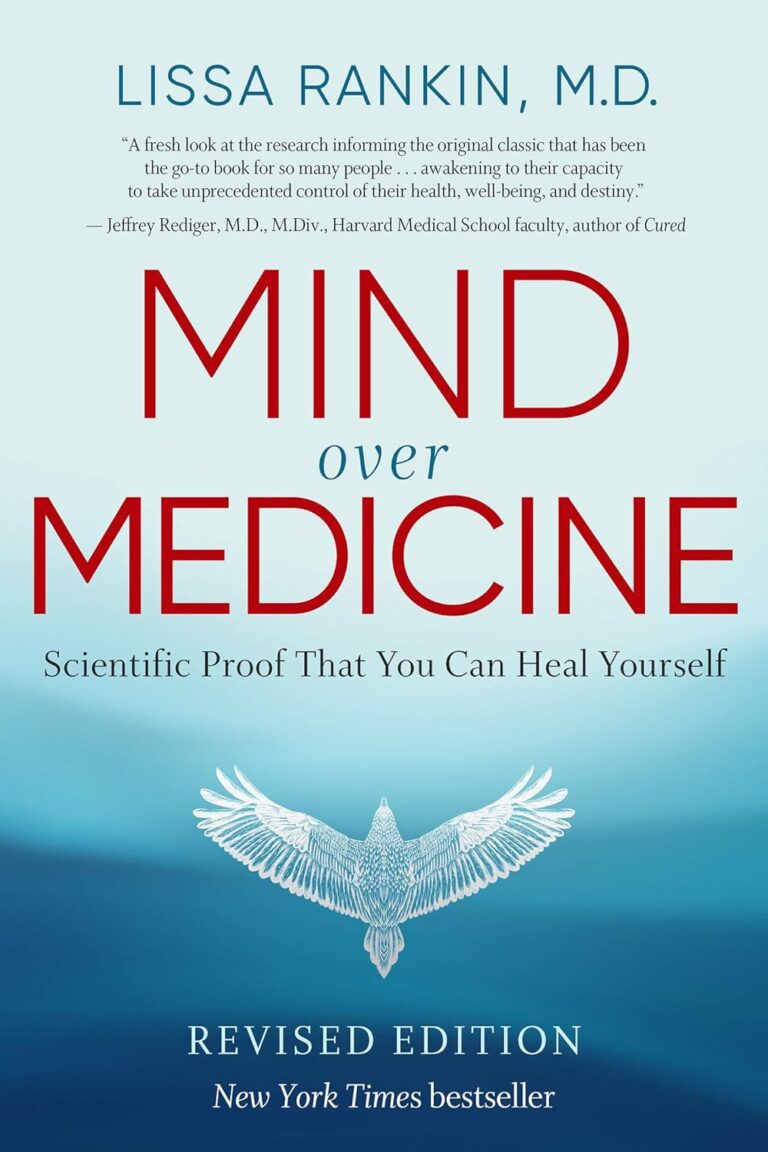
Neoplasms, commonly known as tumors, are often associated with fear and uncertainty. Yet, understanding these biological phenomena can help to ease such fears. Gaining knowledge about neoplasms equips individuals with the tools they need to recognize symptoms, undertake preventative measures, and better cope with a potential diagnosis. This article aims to shed light on the complex world of neoplasms, offering clear and concise insight into a crucial aspect of healthcare.
Defining Neoplasm
Understanding what a neoplasm is merely the first step. Simply put, a neoplasm is an abnormal growth of tissue that forms a mass, often referred to as a tumor. However, it’s important to understand that not all neoplasms are harmful or life-threatening. A neoplasm’s impact on the body can vary dramatically based on its type and location.
Scientifically, a neoplasm occurs when the body’s normal control mechanisms fail. New cells form when the body doesn’t need them, and old or damaged cells don’t die as they should. These extra cells can form a mass of tissue called a neoplasm.
Types of Neoplasm
Neoplasms are categorized into three main types – benign, malignant, and borderline. Benign neoplasms are non-cancerous growths, such as skin moles or fibroids, that are typically harmless unless they press on vital organs.
Malignant neoplasms, on the other hand, are commonly known as cancer. These are more serious as they often invade nearby tissues and can spread to other parts of the body via blood and lymph systems.
Borderline neoplasms fall somewhere in between. They aren’t initially cancerous but have the potential to become so, hence subject to closer monitoring and at times, treatment.
Causes and Risk Factors
The exact causes of neoplasms aren’t entirely understood, but factors such as genetics, exposure to certain chemicals and substances, and lifestyle choices (e.g., tobacco and alcohol use) have been linked to neoplasm development. Certain medical conditions and treatments, like radiation therapy, may also increase the risk.
Symptoms and Detection of Neoplasm
Neoplasm symptoms can vary greatly depending on the location and type of growth. Some may cause no noticeable symptoms at all. However, common signs can include a lump or thickening under the skin, fatigue, pain, changes in skin coloration, or unintended weight loss.
Detection methods for neoplasms are equally varied and can range from blood tests and imaging tests such as MRI scans, to more invasive methods like biopsies where a small sample of tissue is taken for examination.
Treatment Options for Neoplasm
The treatment for neoplasms depends on various factors including type, location, and stage of the neoplasm, and the patient’s general health. They might involve surgery, radiation therapy, chemotherapy, or targeted drug treatments. More recently, immunotherapy—which harnesses the body’s immune system to fight the growth—has also shown promise.
Living with Neoplasm
Coping with a neoplasm diagnosis can be physically, emotionally, and mentally challenging. Supportive care, including psychological counseling, nutritional guidance, pain management, and social support, are critical components of maintaining quality of life throughout the journey.
Get to know us better
If you are reading this, you are in the right place – we do not care who you are and what you do, press the button and follow discussions live

Prevention and Prognosis
While not all neoplasms can be prevented, a healthy lifestyle can reduce your risk. Regular exercise, maintaining a healthy diet, and refraining from tobacco and excess alcohol use are just a few steps you can take. Early detection and diagnosis often lead to a better prognosis, emphasizing the need for routine screenings and healthcare check-ups.
Conclusion
In conclusion, understanding neoplasms, their causes, types, and treatment options is essential for the prevention, detection, and management of a diagnosis.
Frequently Asked Questions
- What causes neoplasms?
There isn’t a single cause for neoplasms. They can arise due to various factors including certain genetic mutations, exposure to harmful substances (like tobacco), or as a side effect of radiation therapy.
- Are all neoplasms cancerous?
No, not all neoplasms are cancerous. They can be benign (non-cancerous), malignant (cancerous), or borderline (having the potential to become cancerous).
- How are neoplasms diagnosed?
Neoplasms are typically diagnosed through physical examinations, imaging tests, or biopsies.
- Can a neoplasm be cured?
Yes, many neoplasms, especially benign ones, can often be completely removed and cured. Even some malignant neoplasms can be treated effectively, especially if detected early.
- What is the best way to prevent neoplasms?
While there’s no guaranteed way to prevent neoplasms, maintaining a healthy lifestyle, staying away from known carcinogens, and getting regular medical check-ups can lower your risk significantly.

















Comments
Thank you. Comment sent for approval.
Something is wrong, try again later